Photographs: Reuters Martin Feldstein
China's government may be about to let the renminbi-dollar exchange rate rise more rapidly in the coming months than it did during the past year.
The exchange rate was actually frozen during the financial crisis, but has been allowed to increase since the summer of 2010.
In the past 12 months, the renminbi strengthened by 6 per cent against the dollar, its reference currency.
A more rapid increase of the renminbi-dollar exchange rate would shrink China's exports and increase its imports. It would also allow other Asian countries to let their currencies rise or expand their exports at the expense of Chinese producers.
That might ...
Know all about China's new currency policy
There are two fundamental reasons the Chinese government might choose such a policy: reducing its portfolio risk and containing domestic inflation.
Consider, first, the authorities' concern about the risks implied by its portfolio of foreign securities.
China's existing portfolio of some $1.6 trillion worth of dollar bonds and other foreign securities exposes it to two distinct risks: inflation in the United States and Europe, and a rapid devaluation of the dollar relative to the euro and other currencies.
Inflation in the US or Europe would reduce the purchasing value of the dollar bonds or euro bonds. The Chinese would still have as many dollars or euros, but those dollars and euros would buy fewer goods on the world market.
...
Know all about China's new currency policy
Image: A parade in ChinaPhotographs: Reuters
Even if there were no increase in inflation rates, a sharp fall in the dollar's value relative to the euro and other foreign currencies would reduce its purchasing value in buying European and other products.
The Chinese can reasonably worry about that after seeing the dollar fall 10 per cent relative to the euro in the past year - and substantially more against other currencies.
The only way for China to reduce those risks is to reduce the amount of foreign-currency securities that it owns. But China cannot reduce the volume of such bonds while it is running a large current-account surplus.
During the past 12 months, China had a current-account surplus of nearly $300 billion, which must be added to China's existing holdings of securities denominated in dollars, euros and other foreign currencies.
...
Know all about China's new currency policy
Photographs: Reuters
The second reason China's political leaders might favour a stronger renminbi is to reduce China's own domestic inflation rate. A stronger renminbi lowers the cost to Chinese consumers and Chinese firms of imported products as expressed in renminbi.
A barrel of oil might still cost $90, but a 10 per cent increase in the renminbi-dollar exchange rate reduces the renminbi price by 10 per cent.
Reducing the cost of imports is significant because China imports a wide range of consumer goods, equipment and raw materials. Indeed, China's total annual imports amount to roughly $1.4 trillion, or nearly 40 per cent of gross domestic product (GDP).
A stronger renminbi would also reduce demand pressure more broadly and more effectively than the current policy of raising interest rates.
...
Know all about China's new currency policy
This will be even more important in the future as China carries out its plan to increase domestic spending, especially spending by Chinese households.
A principal goal of the recently presented 12th Five-Year Plan is to increase household incomes and consumer spending at a faster rate than that of GDP growth.
The combination of faster household-spending growth and the existing level of exports would cause production bottlenecks and strain capacity, leading to faster increases in the prices of domestically produced goods.
Making room for increased consumer spending requires reducing the level of exports by allowing the currency to appreciate.
...
Know all about China's new currency policy
Looking back on the past year, the 6 per cent rise in the renminbi-dollar exchange rate might understate the increase in the relative cost of Chinese goods to American buyers because of differences in domestic inflation rates.
Chinese consumer prices rose about 6.5 per cent over the past year, while US consumer prices rose only about 3.5 per cent.
The three-percentage-point difference implies that the "real" inflation-adjusted renminbi-dollar exchange rate rose 9 per cent over the past year (that is, 6 per cent nominal appreciation plus the 3 per cent inflation difference.)
...
Know all about China's new currency policy
Photographs: Reuters
Although this is how governments calculate real exchange-rate changes, it no doubt overstates the relative change in the prices of the goods that Americans buy from China, because much of China's inflation was caused by rising prices for housing, local vegetables and other non-tradables.
The renminbi prices of the Chinese manufactured products that are exported to the US may not have increased at all.
The renminbi-dollar exchange rate is, of course, only part of the story of what drives China's trade competitiveness. While the renminbi has risen relative to the dollar, the dollar has declined against other major currencies.
...
Know all about China's new currency policy
Photographs: Reuters
The dollar's 10 per cent decline relative to the euro over the past 12 months implies that the renminbi is actually down by about 4 per cent relative to the euro.
The Swiss franc has increased more than 40 per cent against the dollar - and therefore more than 30 per cent against the renminbi.
Looking at the full range of countries with which China trades implies that the overall value of the renminbi probably declined in the past 12 months.
The dollar is likely to continue falling relative to the euro and other currencies over the next several years. As a result, the Chinese will be able to allow the renminbi to rise substantially against the dollar if they want to raise its overall global value in order to decrease China's portfolio risk and rein in inflationary pressure.
The author is professor of Economics at Harvard, was chairman of President Ronald Reagan's Council of Economic Advisers and is former president of the National Bureau for Economic Research. Copyright: Project Syndicate, 2011.

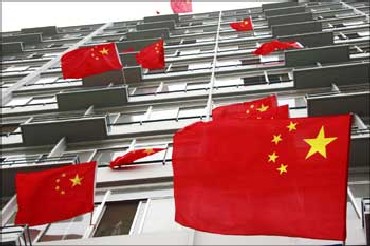
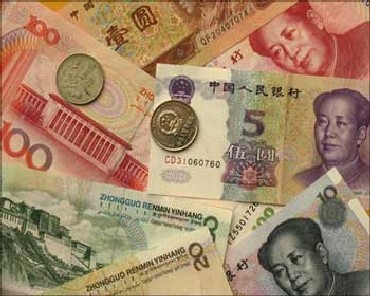
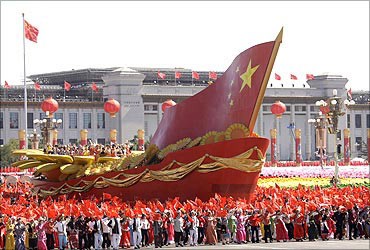

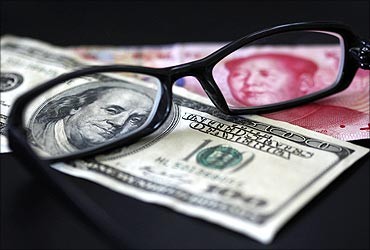
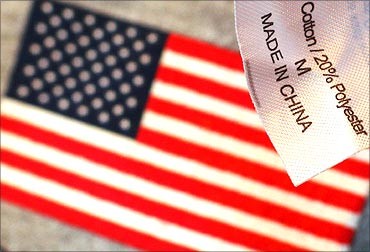
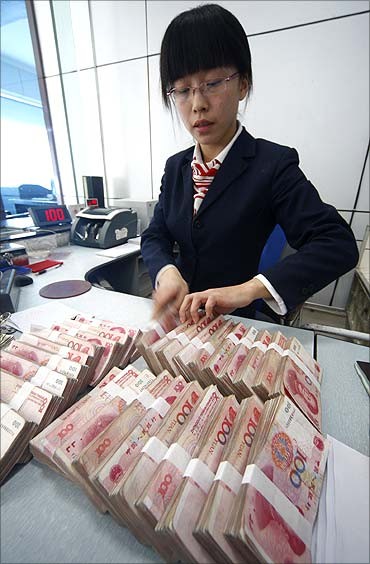
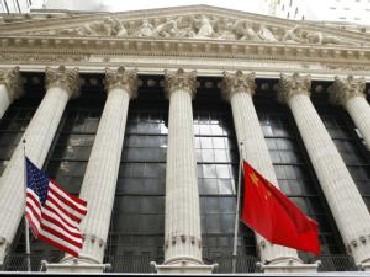

article